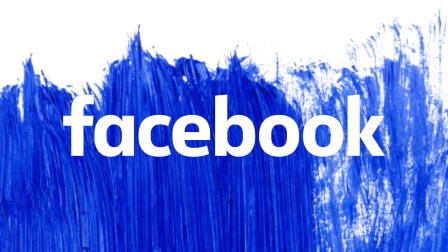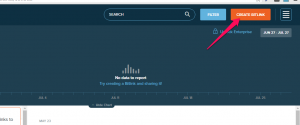Have you dipped into Facebook’s Canvas yet? If not, it may be time to give it a whirl. Columnist Giles Goodwin offers some pro tips on how you can make the most of the quick-loading, interactive ad format.

Facebook earlier this year launched its Canvas ad product, and let’s face it — it’s pretty well done. In case you missed the fanfare, Canvas is a media-rich, full-screen mobile ad format in the Facebook app that has quick load times.
Not coincidentally, Canvas arrived at an incredibly opportune time. Study after study concludes the same basic premise: that consumers are spending more and more time on mobile, and thus brands, if they’re not already there, need to get there — and fast.
Sadly, many brands are still confused about exactly the best way to be effective in the mobile channel. At the same time, nearly as many studies conclude that load times for mobile ads are prohibitively slow for consumers and risk tarnishing the entire mobile experience.
Not only does Canvas address the speed issue, it also opens up a robust set of features for publishers and ad makers, such as drag-and-drop with no coding and capabilities to include video, animation and GIFs.
Nonetheless, this product still warrants a much deeper look, so I decided to do a bit of “reverse engineering,” albeit fairly non-technical, to identify a few pro tips to help brands, publishers and agencies as they unpack Canvas and start to make the most of it.
1. Think faster than fast
Think about the last time you gave an update in your news feed more than a second or two before you scrolled past it. Slow-loading assets and long animations that unfold before getting your point across are two surefire ways to lower ad performance.
Canvas is designed specifically to quickly capture attention and let users choose to learn more on their own terms. The key here is displaying something relevant and inviting, and it had better get there quickly.
Pro Tip: Create digital ads that grab consumers’ attention quickly with a clear call to action on how to learn more, moving them deeper into the funnel.
2. Is your campaign focused on branding or performance? Yes.
Canvas ads not only tap into great brand assets, but they’re also rich on performance functionality. Facebook is putting a ton of stock in keeping users in context and making sure functionality does not get lost. This means ads let you find stores near you and buy products without leaving the canvas.
Expect much more functionality to be included over time. The message is clear: Delineation between branding and performance campaigns is a thing of the past.
Tomorrow’s best brands are growing up on social media platforms today, and they are integrating brand message with functionality right from the start.
Pro Tip: The best digital ads must include a compelling brand experience, while giving consumers functionality, letting them engage with a brand right in the ad.
3. Mobile, mobile, mobile everything
It’s no coincidence that Canvas launched on Facebook Mobile. With time spent on mobile still growing rapidly and brands anxious to find ways to better connect in that channel, it made perfect sense.
Mobile advertising needed a shot in the arm, as early ad products focused primarily on app installs, and brands, for the most part, haven’t invested in great mobile-first consumer experiences. Canvas brought an enhanced mobile experience that solves both problems.
Pro Tip: Find all of the new methods to reinvigorate and redefine your mobile brand advertising strategy, and then sell the hell out of it.
4. Science leads to art
Without a doubt, a lot of data is being used behind the scenes to show users the right ad, specific to them. The bar to grab consumers’ attention is high, but Facebook has years of experience, and highly tuned algorithms, to help it know which ads works best and when. The difference is, instead of displaying a junky-looking, irrelevant banner, they’re showing a highly branded creative unit that invites users to learn more.
Pro Tip: Lean on all the ad tech you’ve got for data-driven targeting, optimization and creative A/B testing. Then find ways to bridge the science and the art to show amazing-looking mobile-first ads that truly engage your audience.
Do you have any other pro tips for Canvas? Share them with us in one of the social channels mentioned below.
Some opinions expressed in this article may be those of a guest author and not necessarily Marketing Land. Staff authors are listed here.
Marketing Land – Internet Marketing News, Strategies & Tips
(61)
Report Post






